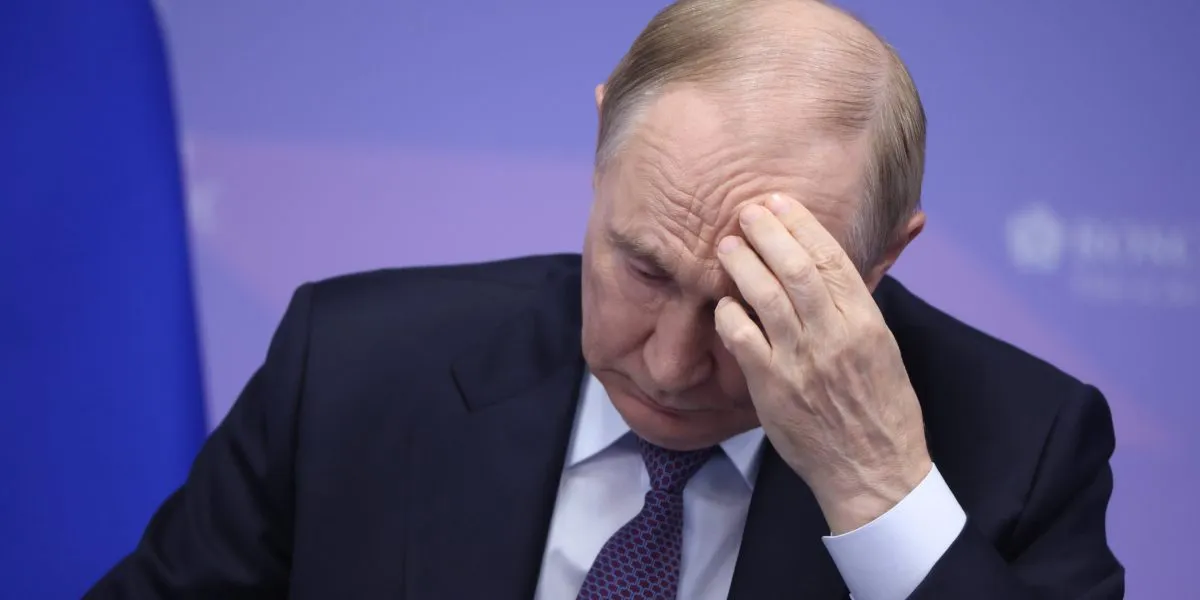
The recent decision by the central bank to cut interest rates by 1 percentage point to 17% marks the third reduction since June. This move is aimed at addressing the dual issues of high borrowing costs that have contributed to cooling inflation, yet simultaneously straining the wartime economy. As Russia continues to navigate the repercussions of Western sanctions imposed after President Vladimir Putin's invasion of Ukraine in 2022, new data from the central bank indicates that the economic damage may be more severe than previously anticipated.
According to a report from the central bank, Russia's GDP has contracted on a sequential basis in both the first and second quarters, which meets the criteria for a technical recession. However, central bank governor Elvira Nabiullina refuted claims of a recession, citing other economic indicators that suggest resilience, such as employment, real income, consumer demand, and industrial production. "We do indeed have a cooling of the economy. This is natural when coming out of overheating, when production capacity must catch up with demand," she stated during a news conference, as reported by Reuters.
The Kremlin has been investing heavily in its military efforts in Ukraine, with factories operating at full capacity to produce more weapons. Additionally, substantial financial incentives are being offered to attract new military recruits, which has resulted in significant labor shortages and further exacerbated inflation. In response to these pressures, the central bank raised interest rates to as high as 21% last year. Since then, signs of economic instability have become increasingly apparent.
Russian banks have issued warnings regarding a potential debt crisis, as elevated interest rates hinder borrowers' ability to manage their loans. In June, Russian Economy Minister Maxim Reshetnikov cautioned that the country was "on the brink" of a recession. Similarly, last month, Oxford Economics reported that Russia is precariously close to entering a recession. Recently, Sberbank CEO German Gref described the economy as being in "technical stagnation," reinforcing earlier warnings that growth is nearing zero.
Adding to the economic woes, Russia is experiencing a poor harvest despite its reputation as an agricultural powerhouse. This situation is placing additional stress on the economy and the Kremlin's financial resources. Moreover, revenue from oil and gas, which are Russia's primary sources of funding, has been plummeting this year due to low crude prices and stringent Western sanctions. To address budget deficits, Moscow has resorted to depleting its reserve funds, which could be exhausted by the end of this year.
In a recent statement, former President Donald Trump urged NATO countries to cease purchasing Russian oil and to impose secondary tariffs as high as 100% on China, a significant buyer of Russian crude. He argued that such measures could expedite an end to the Ukraine conflict. This statement follows his meeting with Putin in Alaska last month, which did not yield any progress on ceasefire negotiations. Tensions escalated further when Russia dispatched drones into Poland, prompting NATO fighter jets to intercept and down them.
Trump emphasized that "China has a strong control, and even grip, over Russia," suggesting that imposing powerful tariffs could effectively weaken that influence.